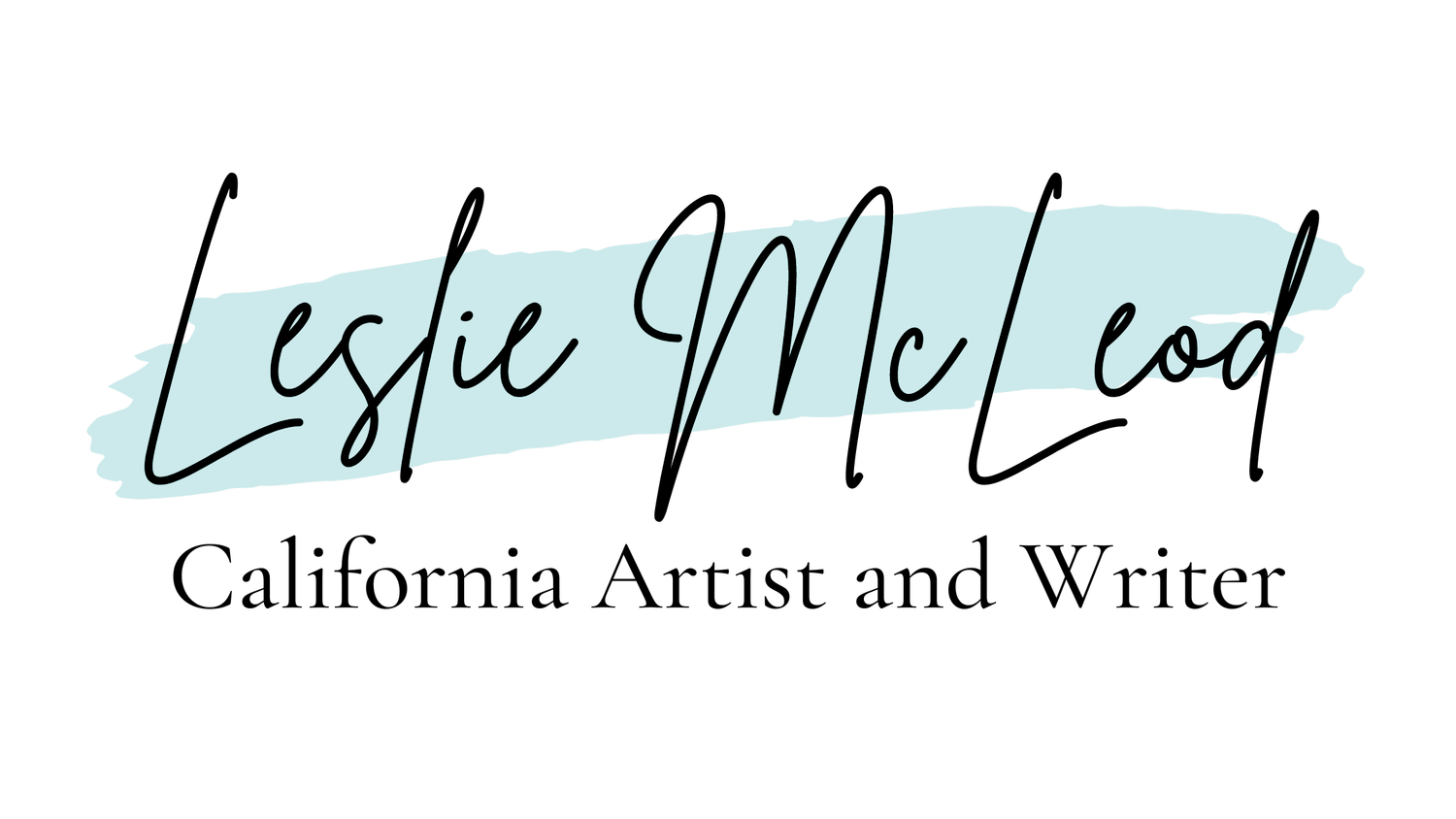Growing Old Gratefully
My family kind of adopted Marian. And what a treasure she became!
The friendship started decades earlier. Her grandson, Dave, was my husband’s best buddy in high school. Dave’s family had embraced Dan, filling in some of the ragged holes in his heart with love, laughter, a hot meal, and rides to the boys’ favorite hiking trails through the Angeles National Forest.
After stints in the Army, they drifted apart, but Dan kept in touch with Dave’s parents, Jack and Judy. When he and I fell in love and got engaged, their new house at the Sierra Nevada Mountain foothills was our first trip together, including a warm welcome at Marian’s mobile home nearby. We’d drive the six hours to see them over the years, introducing first one baby and then the other.
Marian would always join us as we fed ducks at the little creek, meander quaint shops for fabric, gather around Jack and Judy’s generous table. She was loving, gracious, and fun with a sense of humor and sense of adventure, deciding—in her 60s—she’d learn how to ride a bike.
Then one day Jack and Judy bought a motorhome and set off on an open-ended, nomadic trek.
So Marian moved to be near her other daughter, Jeri, who lived only 25 miles or so from where we were raising our children. Marian settled into a historic retirement community (with the cringe-worthy name “Gray Gables”), downsizing into a tiny suite with her photographs, doilies, favorite furniture, and a few pots of colorful succulents decorating her demitasse back porch.
I asked her about the rest of her beautiful belongings.
“Oh, I got rid of those things. I have what I need and that’s plenty!”
She continued her habit of walking three miles a day, her slight, energetic figure soon an icon in the local neighborhood. With no car and no kitchen, she invited our family for a visit, reserving a private table in the dining hall to entertain us. She proved to be such a delightful hostess and friend that we visited often, playing hacky sack and the card game UNO, which she usually won.
As the kids reached junior high age, we had less time to see Marian. When we did, I noticed she seemed to be receding, growing smaller and farther away as if I saw her through the opposite end of a spyglass. Her smile was still genuine but constrained, the sparkle in her eyes muted by an invisible shadow.
She had a cane now and confessed that she was no longer allowed to take her long walks off the property.
“But I can still get around, even if it’s a little slower. And I can still play bridge with my friends!” she said, always quick to sip from her glass half-full.
One day, we got a call from her Jeri that Marian had fallen, and she’d had to move to a private home that offered nursing care. We came for a visit. She was dressed neatly, her hair a soft cirrus cloud, but she now sat crumpled in a wheelchair like a used tissue.
We brought flowers and filled her in briefly on the kids’ activities, then I asked, inanely, how she was doing.
“I miss my home, but everyone here is so nice and they’re taking good care of me,” she said, patting my hand. “I appreciate your coming and I love you all so much.”
I never heard her complain. Not once.
It was our last visit with Marian. But I’ve never forgotten her quiet example of aging gratefully. When I’m tempted to mutter about stiff joints, lost opportunities, and things I can’t do anymore, I think of her and choose to thankfully embrace all that I still can.

